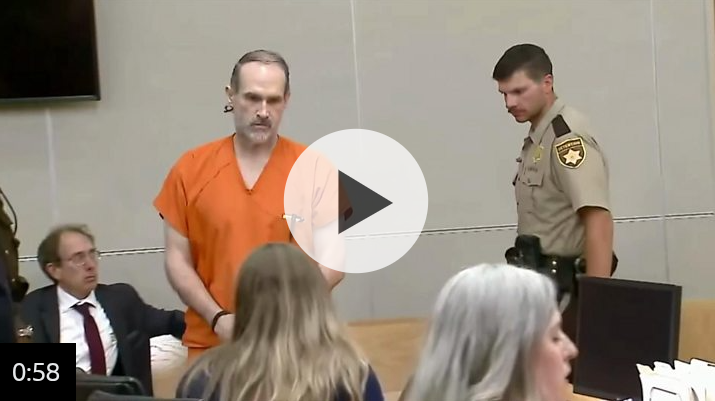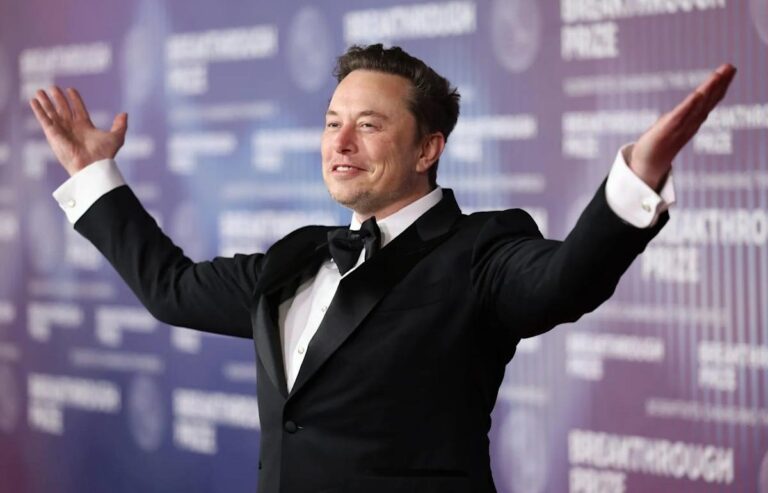Britain, once a proud symbol of democracy and freedom, is increasingly becoming a subject of ridicule on the global stage. Under the leadership of Keir Starmer and his Labour government, the nation’s reputation is eroding day by day. What was once a bastion of civil liberties is now seen as a cautionary tale, with critics pointing to the government’s heavy-handed approach to free speech and dissent. The world is watching, and the verdict is far from flattering.
At the heart of this decline is Labour’s troubling approach to individual freedoms. Recent incidents, such as the prosecution of individuals for silent prayer or the criminalization of online speech, have sparked outrage both domestically and internationally. When a senior U.S. politician publicly criticized Britain’s draconian measures, the Labour government’s response was dismissive at best. Jonathan Reynolds, the Business Secretary, brushed off the criticism, seemingly oblivious to the gravity of the situation. This lack of accountability only reinforces the perception that Britain is no longer a defender of democratic values.
The Munich Security Conference served as a stark reminder of how far Britain has fallen. U.S. Vice President JD Vance delivered a scathing critique of European hypocrisy, with Britain squarely in his crosshairs. He highlighted the case of a British Army veteran fined for silently praying outside an abortion clinic—a chilling example of how far the state has overreached. Labour’s response to such criticism has been evasive, relying on platitudes rather than addressing the core issue. This Orwellian gaslighting, where the government denies the erosion of freedoms while actively suppressing them, is a troubling sign of the times.
Labour’s authoritarian tendencies are becoming impossible to ignore. While the party claims to champion human rights, its actions suggest a selective approach that prioritizes ideological conformity over individual liberty. The government’s crackdown on dissent, coupled with its reluctance to defend free speech, has left many questioning whether Britain can still call itself a free society. The EU, often seen as a beacon of liberalism, is no better, with proposals to shut down social media during unrest and police raids for online speech. These actions, far from protecting democracy, are eroding it.
The consequences of this decline are profound. Britain’s standing as a global leader is slipping, and its allies are taking notice. The U.S., under figures like Donald Trump and JD Vance, has openly criticized the UK’s retreat from its democratic principles. What was once a nation admired for its commitment to liberty is now seen as a cautionary tale of how quickly freedoms can be lost. If Labour fails to reverse course, Britain risks becoming a parody of itself—a nanny state more concerned with policing thought than protecting rights. The fight to reclaim Britain’s legacy as a beacon of freedom has never been more urgent.






